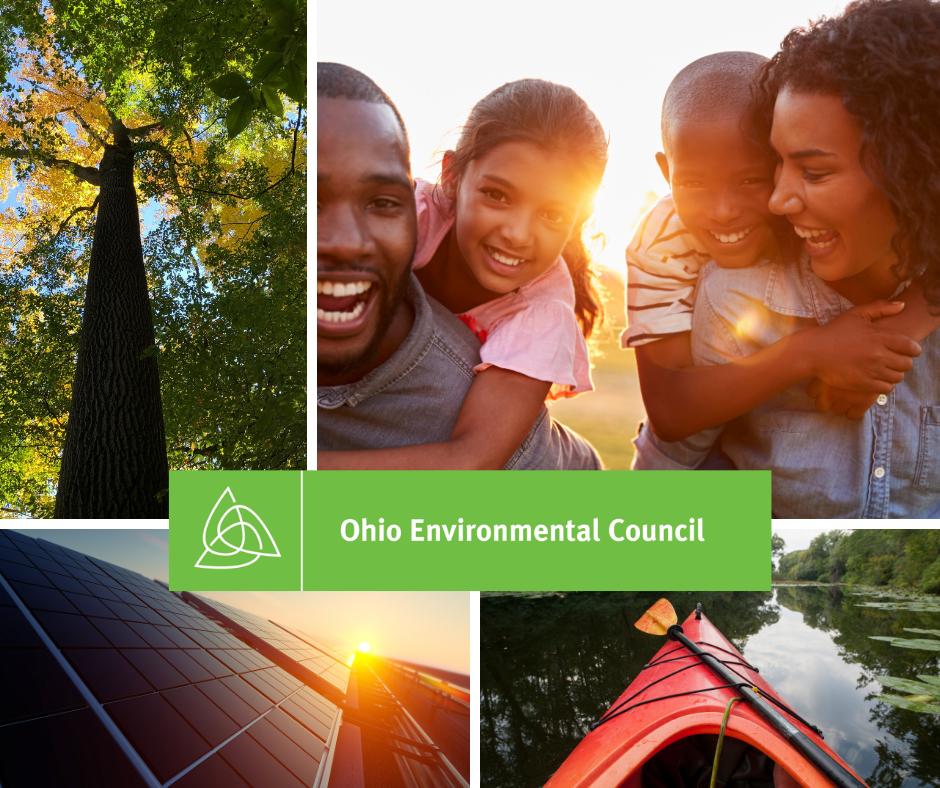Chris Tavenor, General Counsel, January 17, 2018
Pipeline projects are popping up all across Ohio as the shale gas boom continues. During the Summer of 2017, Columbia Gas and its parent company, TransCanada, started the application process with the Federal Energy Regulatory Commission (FERC) to construct the Buckeye Xpress pipeline in Southern Ohio. This pipeline is an expansion of an already existing 20-inch pipeline to a 36-inch pipeline. Its proposed route traverses approximately 12 miles of the Wayne National Forest and will impact over 1,400 acres of land throughout the region.
You may have heard about the major problems with the construction of another pipeline project in the state this past year. The Rover pipeline project, owned by Energy Transfer Partners, has resulted in numerous drilling spills and problems, including the release of millions of gallons of drilling fluids into sensitive wetlands.
You may have also heard that the Ohio Attorney General has filed suit against that company, seeking penalties and fines in excess of $2 million. The Rover pipeline is a troubling example of how pipeline construction can cause serious harm to the environment, and it informs the OEC’s decision to pay close attention to new pipeline proposals.
When the OEC learned that Columbia Gas was planning to construct the Buckeye Xpress across the Wayne National Forest, we knew we should engage with FERC right from the start.
In October, FERC filed a Notice of Intent to Prepare an Environmental Assessment, signaling the beginning of the agency’s internal environmental review procedures. Essentially, a notice of intent means that FERC wants the public to tell it what environmental concerns they have. In response, the OEC provided comments on behalf of our thousands of members across the state.
Specifically, we advocated for FERC to analyze all direct, indirect, and cumulative impacts to the Wayne National Forest. This includes the removal of hundreds of acres of forest habitat in the Wayne. We asked the commission to consider all greenhouse gas emissions that could result from the methane transported by the pipeline, even when used downstream at natural gas power plants or other combustion sources. And we also urged FERC to consider denying the pipeline expansion project, or to retire the existing pipeline entirely.
We hoped that these comments would encourage FERC to assess the Buckeye Xpress project with a careful eye toward Ohio’s valuable resources and we already know that they agreed with us on one of our major points. Earlier this month, FERC specifically referenced our comments when it asked Columbia to respond to our concern that the pipeline violated the Forest Plan for the Wayne National Forest.
This “Notice of Intent” is the first important step in the agency’s environmental review. Commenting during this process should help FERC more fully consider the environmental impacts of the Buckeye Xpress proposal, while also setting up the OEC for a successful lawsuit should the agency fail to properly assess those impacts. The OEC will closely engage at every step along the environmental review process, advocating for Ohio’s air, water, and public land.
